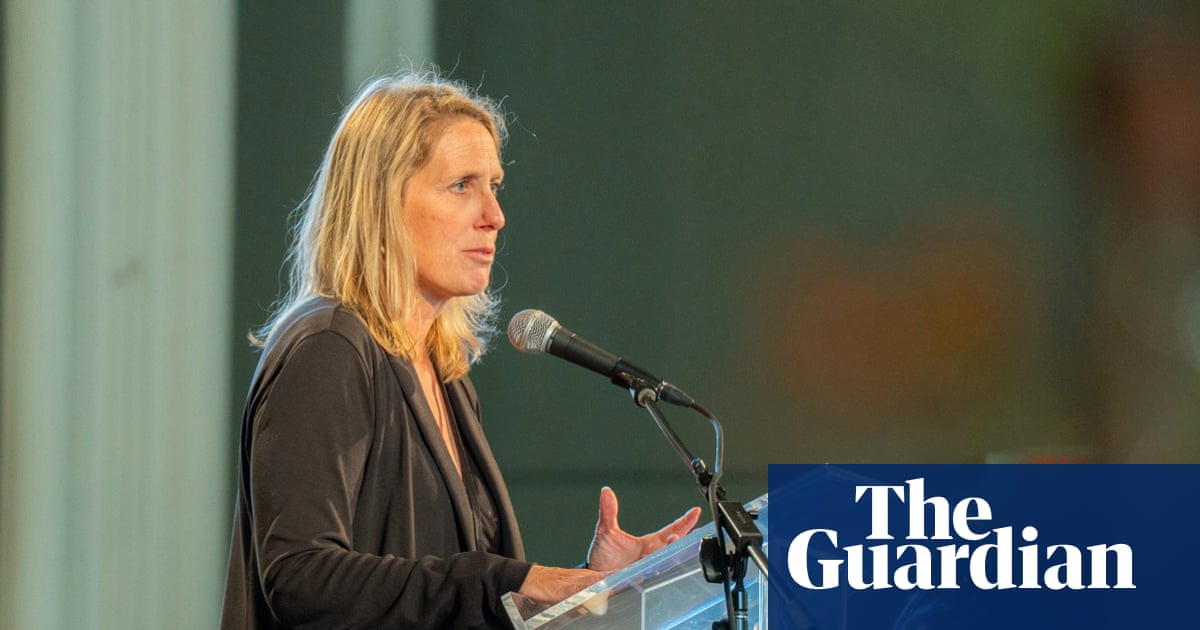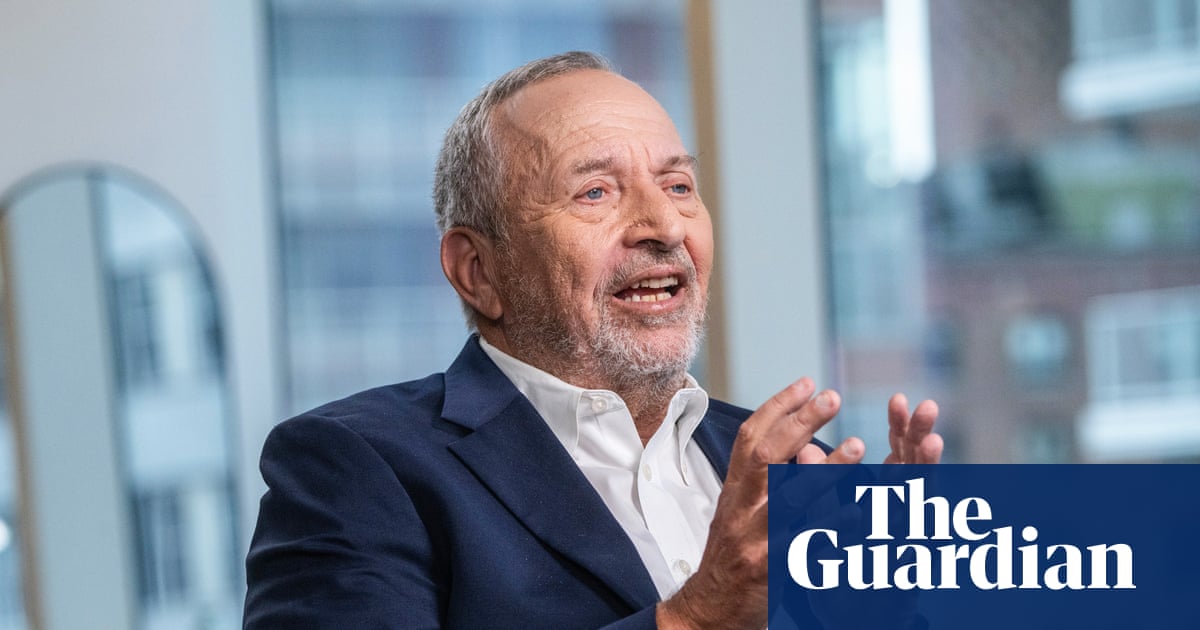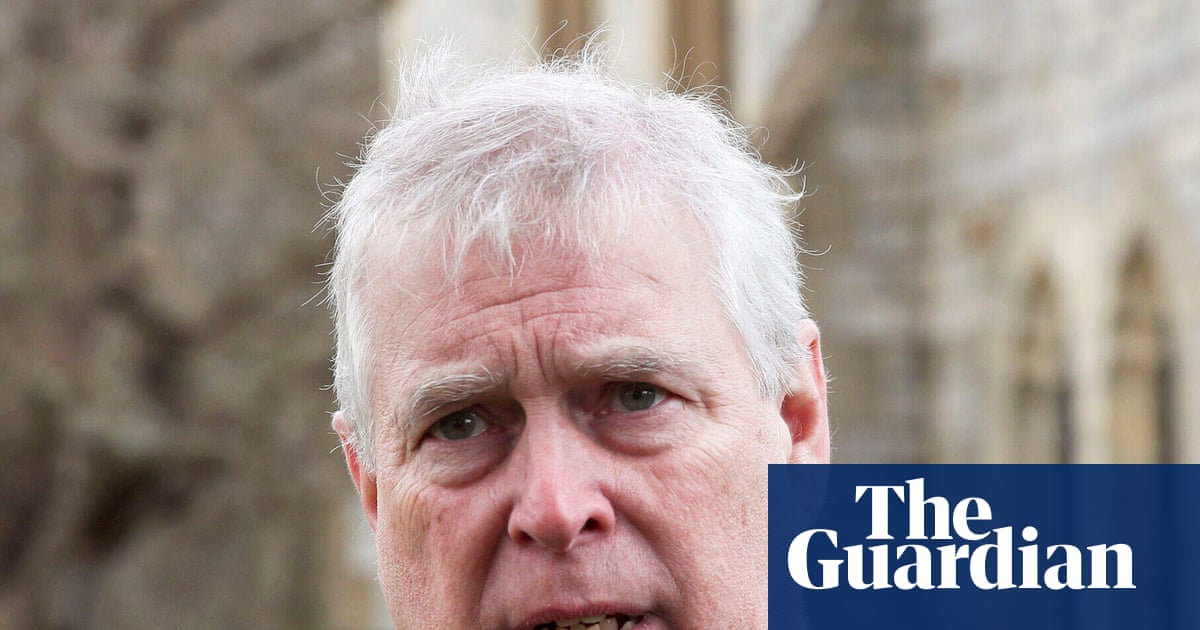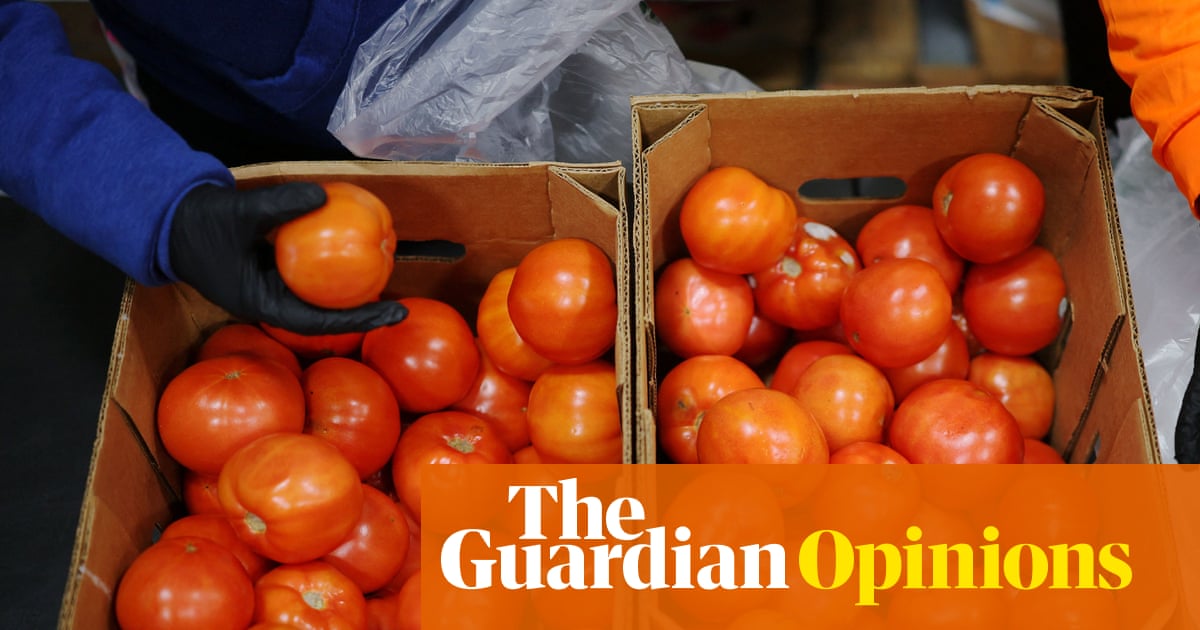Hospices in England are cutting hundreds of beds and staff because of a funding crisis, despite a sharp rise in demand for palliative care, a damning report warns.
People needing end of life care faced a postcode lottery because access to services was so patchy, the National Audit Office (NAO) reported.
A lack of government oversight meant ministers were unaware of how reliant they were on independent hospices, its 52-page report found.
The NAO said nearly two-thirds of independent hospices in England reported a deficit in 2023-24. Overall expenditure was £78m more than income generated.
As a result, services have been slashed and hospices forced to cut the number of beds available for dying people and those with life-limiting conditions. At the end of 2024, about 300 inpatient beds were “deregistered or withdrawn from operation”, the report found, though some could have been because of a preference for being cared for at home.
Hospices have been forced to cut back on staff, the NAO added, despite the fact that demand for palliative care was increasing.
The NAO highlighted “variation” in where hospices were situated across England, owing to the “unplanned way” they have developed over the past few decades.
Experts said the report showed the “inconsistency and insufficiency” in how hospices were funded. In 2023-24, about 29% of income for hospices came from the government. Most of their income was generated from charitable sources, such as charity shops and donations, the NAO reported.
The Department of Health and Social Care (DHSC) and NHS England had no idea “how reliant they are on the sector” because they did not know what proportion of palliative care in England was provided by the independent hospice sector.
Gareth Davies, the head of the NAO, said: “Independent hospices play a key role in providing palliative and end of life care and provide choice for people at the end of their lives.
“With many more people expected to want hospice care in the future, it is crucial that the sector is financially resilient. DHSC and NHSE should assess how they would meet increased demand for palliative and end of life care should services delivered by independent adult hospices be insufficient.”
Sam Royston, the executive director for research and policy at Marie Curie, said the NAO findings echoed the “crisis” he witnessed in the sector every day.
The chief executive of Sue Ryder, James Sanderson, said the report exposed the government for not having “a clear picture of the value of hospices”.
The DHSC said hospices did “incredible work” to support people, and it recognised the “incredibly tough” pressures they faced.
The NAO report covered a period under the previous government, a spokesperson added. “Since then, we’ve made the biggest investment in a generation – £100m – to improve hospice facilities and have committed to £80m for children’s and young people’s hospices over three years.
“We recognise there is more to do, and we are exploring how we can improve the access, quality and sustainability of all-age palliative care and end of life care in line with the 10-year health plan.”

 3 months ago
75
3 months ago
75

















































